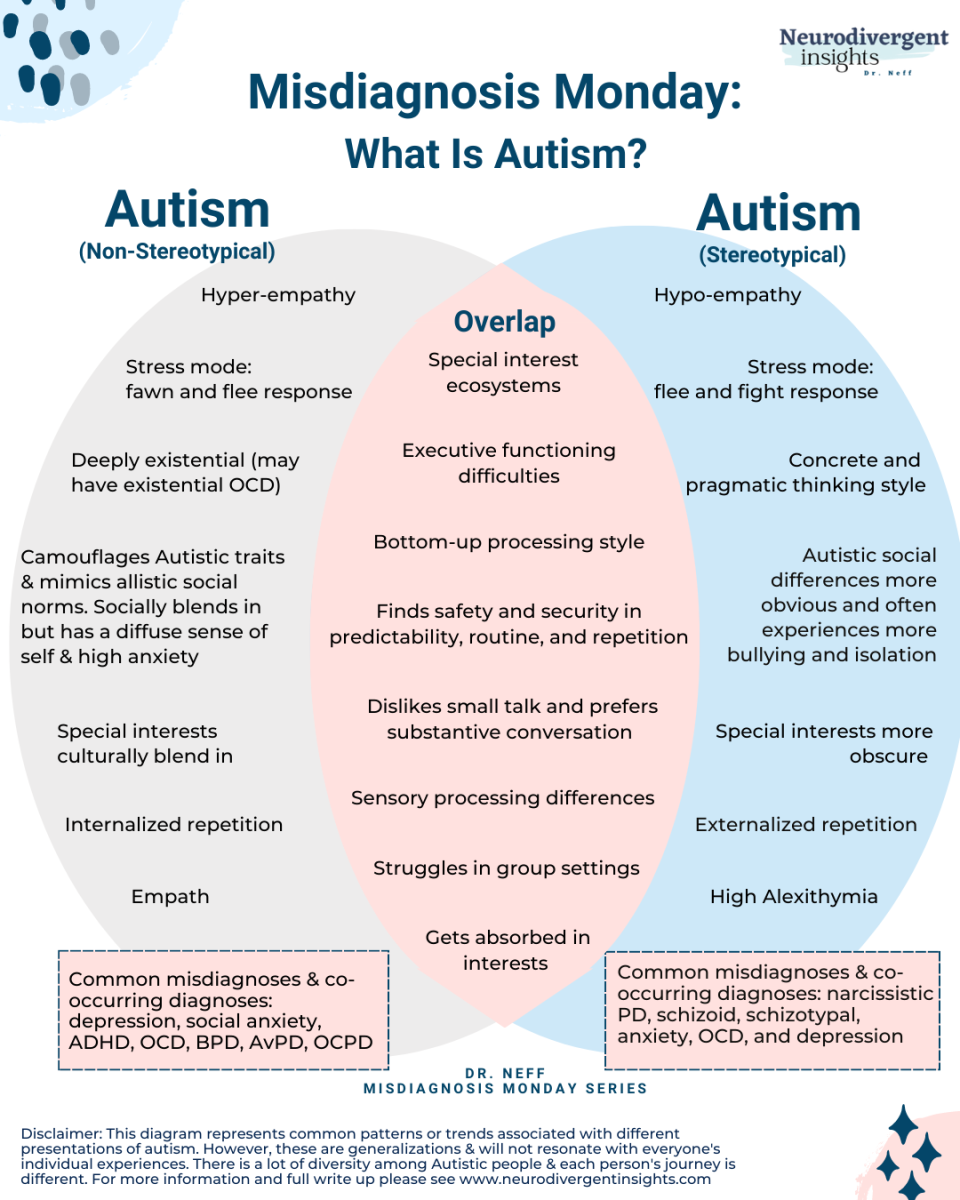The brain is an impressionable, moldable and complex organ. It contains billions of nerve cells arranged in patterns that coordinate thought, emotion, behavior, movement and sensation. The brain’s neuroplasticity allows it to adapt and change in response to experiences and learning. Cognitive functions, particularly those associated with the frontal lobe, are vital for assessing information. This function is essential for daily activities such as holding simple conversations and acquiring knowledge.
The inevitability of aging often makes it difficult to maintain the status of a quick and attentive brain as processing speed and the ability to multitask diminish as years pass. Decreased cognitive capability and memory retention paired with disorientation create the recipe for dementia. Alzheimer’s Research UK states that dementia most commonly affects individuals over 65, and the likelihood of developing it increases as people reach their 80s and 90s.
While aging is a natural factor in cognitive decline, lifestyle choices can significantly influence the likelihood of developing dementia. One such factor, smoking, deeply rooted in mid-20th century culture, saw widespread popularity during the 1940s and beyond, particularly among teens.
A study published in Nature Communications found that current smokers of over 15 years showed the largest and most significant levels of cognitive decline as tested in 32,000 adults aged 50-104. The correlation between cognitive decline and memory impairment leads many researchers to believe that smoking and alcohol use cause individuals to develop dementia at higher risk than non-smokers or drinkers.
According to Alzheimer’s society, smoking increases the risk of an individual having problems with their heart and blood vessels. Vascular issues link to the two most common forms of dementia: Alzheimer’s disease and vascular dementia. The toxins in cigarette smoke cause cells to inflame and to have an increased stress response, turning a bad habit into a harmful situation.
Smoking itself does not directly cause dementia, but it can encourage other unhealthy lifestyle habits. An individual who smokes but maintains a regular exercise routine and a balanced diet may face a lower risk of cognitive decline, similar to non-smokers. By delaying mild cognitive decline, an individual can potentially delay more severe conditions like dementia and Alzheimer’s disease by up to three years. Although it is tempting to continue the cycle of smoking while simultaneously eating well and exercising, overall, quitting smoking is one of the best ways to decrease the risk of cognitive decline later in life.
Scientists are unsure for how long a person must be smoke-free to avoid it affecting their dementia risk. Still, they know that quitting smoking significantly decreases the likelihood of someone getting dementia. Even being around second-hand smoke increases a person’s risk of developing these diseases, so to ensure life-long mental clarity, steer clear of cigarettes and smoke.
The brain has an extraordinary ability to adapt and regulate emotions and thoughts, making it crucial to protect an individual’s brain health. While aging inevitably brings some cognitive decline, lifestyle choices such as avoiding smoking can have a profound impact on preserving brain function and reducing the risk of dementia. Quitting smoking, or better yet, never starting, is a proactive step toward maintaining mental clarity and longevity. By prioritizing habits that support cognitive health, individuals can empower themselves to lead healthier lives well into their later years.









